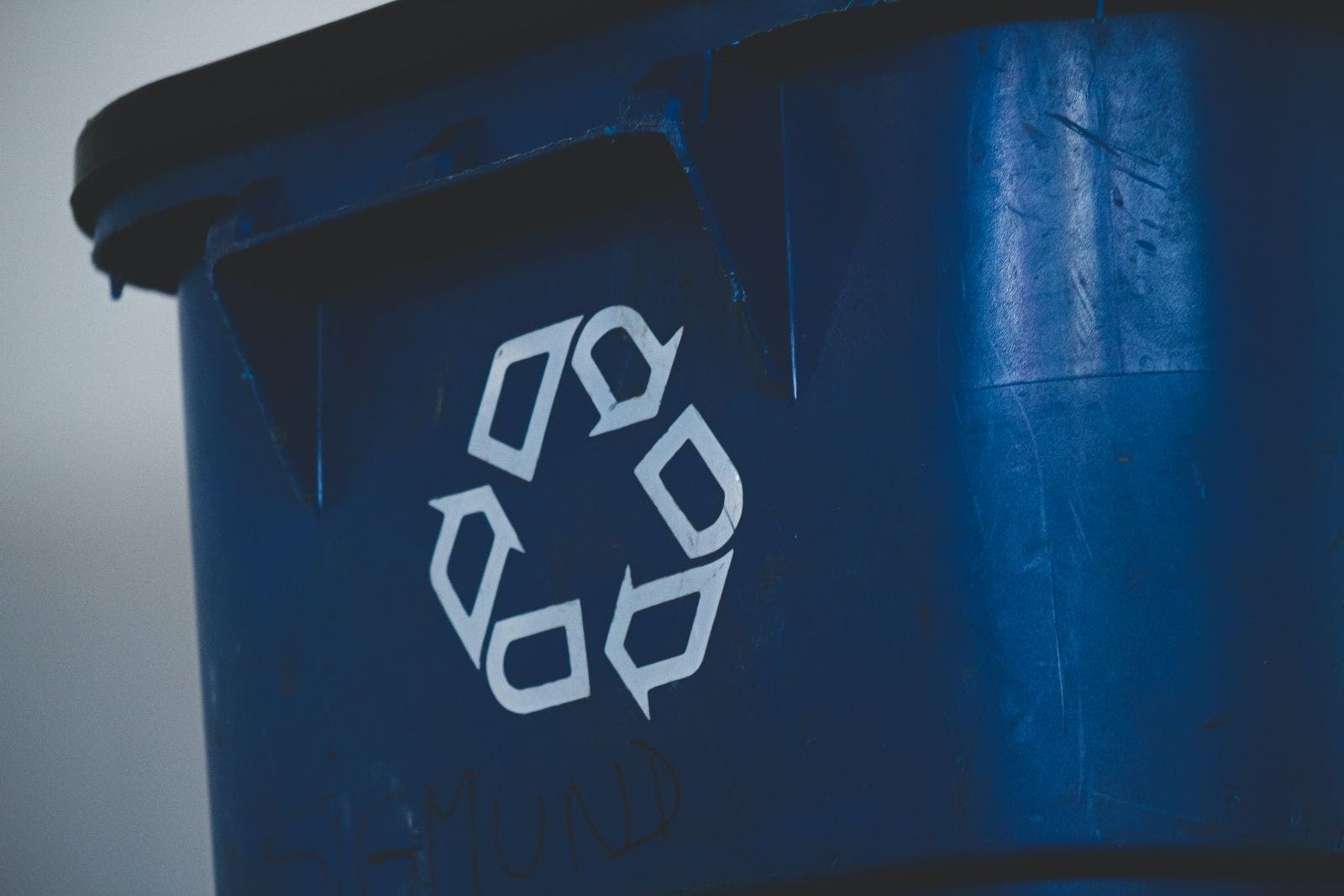Researchers want to build roads out of used disposable masks
There is now a light at the end of the tunnel in the pandemic. The number of infections is falling in many places and maybe in a few months we can go back to a regular everyday life. After the most recent lockdown, however, it must still be shown that the number of cases will remain low, while vaccination efforts must be ramped up. Perseverance is the motto of the hour.
In order to avoid infections in public, it has been compulsory to wear a mask for almost 10 months. The main feature of the community mask is that it is washable and reusable, but with the new rules, the consumption of disposable masks is increasing rapidly. As a result, an estimated 6.8 billion masks end up in the garbage every day.
So what can be done to cope with the growing mountains of rubbish and protect the environment? Researchers from RMIT have developed an interesting approach for this. The disposable masks are to be crushed, mixed with rubble and then used as a kind of asphalt. On a two-lane road 1 kilometer long, 3 million masks could be reused in this way. This saves 93 tons of waste.
The built roads would have sufficient flexibility, so the structures would also be durable. Nevertheless, there are also dissenting voices who describe this approach as suboptimal. If we start using disposable masks as a raw material for roads, then a new demand for them will be generated, so demand could remain high after the pandemic.
In addition, the question remains whether such an approach is sustainable from start to finish. Research results indicate that disposable masks also contain microplastic fibers; if these get into the environment, our ecosystem could be significantly more damaged. Recycling would still be the better alternative.
Own opinion:
Like any other approach, the “mask street” has its advantages and disadvantages. Of course, it makes sense to reuse waste products, but creating a dependency on them is never the right way to go. So we generally need a better recycling concept for all single-use products so that we can reuse raw materials and not leave them to the environment.
via The Guardian



